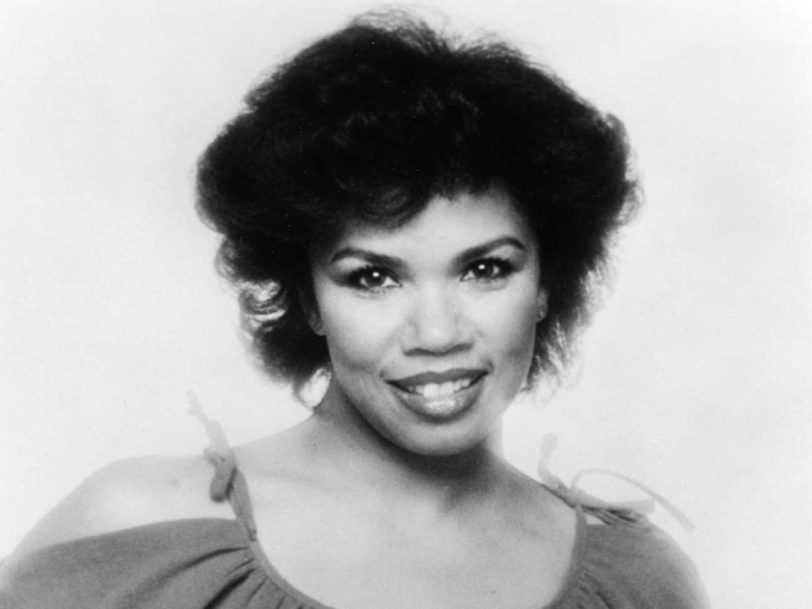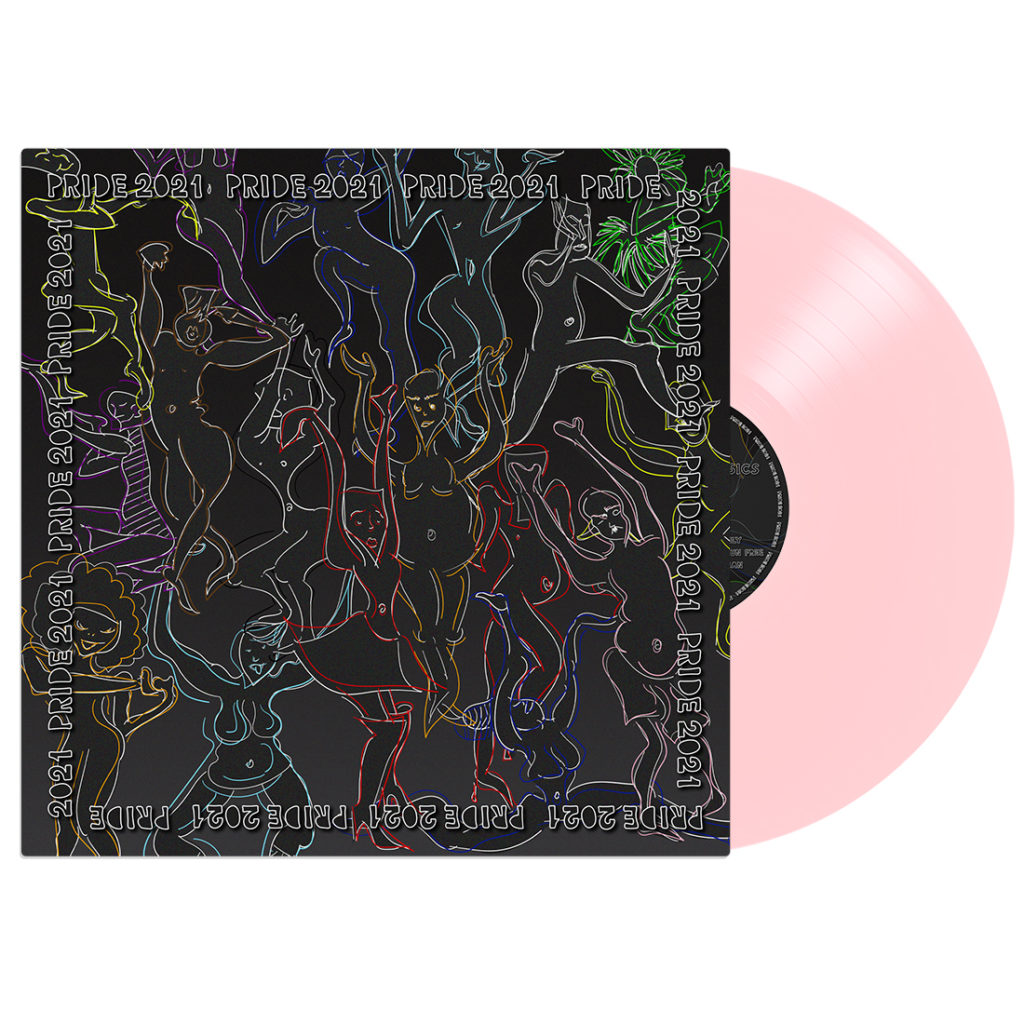Originally written by R&B songwriter and producer David Crawford, and released by Candi Staton in 1976, Young Hearts Run Free is a cautionary tale about ending up in an abusive relationship with what feels like no way out – but it has a wider resonance. From the song’s opening lyric, “What’s the sense in sharing this one and only life/Ending up just another lost and lonely wife,” it’s clear that a message of individual liberation and freedom is at the heart of what Staton holds most valuable.
“I’m gonna write you a song that’s gonna last forever”
The original idea for the song came to Crawford one lunchtime in Los Angeles. Sitting across from Staton, he asked how she was. She replied that she was stuck in an abusive relationship and struggling to get out. Taking notes on a friend’s trauma isn’t the most conventional way of showing you care, but after going home and embarking on a 40-day fast in order to get himself into a more spiritual realm, Crawford insisted he could empower the singer, telling her: “I’m gonna write you a song that’s gonna last forever.”
Despite experimentation and liberation fuelling much of the countercultural discourse in the 60s and 70s, heterosexuality and the teleological goals of marriage were still the expectations for romantic relationships. Candi Staton herself had become was a victim to this regime, having been coerced into marrying a “pimp and a con man”, as she described her former husband to The Guardian’s Dave Simpson in 2015.
“My mind must be free”
Amid discrimination and alienation, the right to be one’s true self, without fear or judgement, has not always been afforded to LGBTQ+ individuals, who have had to fight for liberation and the freedom of expression. With its message of self-preservation and self-acceptance, Young Hearts Run Free resonates with the community – and for good reason. With the assertion that we all have “just one crack at life”, Staton denounces expectations to live life as dictated by others: you shouldn’t have to spend your life bound by the chains of bigoted people.
Making emotional connections and creating intimate bonds with loved ones are basic life experiences that LGBTQ+ people have historically been deprived of – through no choice of their own. Staton may have partly been singing as a victim of physical abuse, but Young Hearts Run Free also addresses emotional entrapment. “My mind must be free to learn all I can about me,” she declares, adding, “I’m gonna love me for the rest of my days.” In demanding the freedom to discover her own identity, the song offers a message to oppressed minorities: rid yourself of judgement and live life the way you want to.
Embracing the message
For many LGBTQ+ people, this can include sexual experimentation. Often having to supress their true desires throughout their youth – and into later life as well – experimentation is a symbol of freedom. Even as recently as the mid-20th-century, however, it was illegal in most countries for LGBTQ+ individual to engage in sexual activity. Only in 1967 was the Sexual Offences Act passed in the UK, legalising homosexual acts between males aged 21 or over in England and Wales. Even then, only 63 per cent of the public believed that homosexuality should be legalised, while a staggering 93 per cent of the population felt that homosexual men needed “medical or psychiatric treatment”, according to a Daily Mail opinion poll of 1965. By the time Young Hearts Run Free was on its way to No.2 in the UK (it hit No.20 on the US Hot 100, but soared to the top spot in the US R&B chart) a decade later, the LGBTQ+ community was more than ready to embrace its message.
The song may have initially been inspired by an abusive husband who does not love his wife, or treat her with the respect and dignity she deserves, but Young Hearts Run Free found Candi Staton voicing the innermost feelings of an entire community that had long been ostracised – and which, in some parts of the world, continues to be so. The hard-fought battle for freedom may still continue, but many young hearts today stand united for the cause.
Young Hearts Run Free features on Pride 2021, a new compilation album pressed onto rose-coloured vinyl, combining queer club classics and New Age anthems. £1 from each sale will be donated to Stonewall in support of their work towards LGBTQ+ equality. Buy it here.
More Like This
How Yes’ Self-Titled Debut Album Planted The Seeds Of Prog-Rock
With a sprinkling of psychedelia, jazz and classical influences, Yes’s debut LP offered bounteous hints of a prog-rock harvest yet to come.
‘Stand Up’: How Jethro Tull’s Second Album Broke The Blues-Rock Mold
Leaping beyond their bluesy beginnings, ‘Stand Up’ saw Jethro Tull pioneer a baroque fusion of ‘cocktail jazz’, English folk and hard rock.
Be the first to know
Stay up-to-date with the latest music news, new releases, special offers and other discounts!





